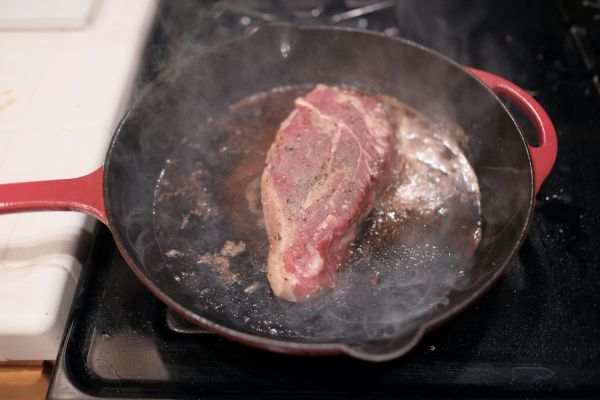738

Thermal processing of meat represents one of the most critical stages for food safety and legal compliance. Regulation (EC) No. 852/2004 and Regulation (EC) No. 853/2004 impose clear standards for the heat treatment of meat products, particularly with regard to achieving minimum processing temperatures to eliminate microbiological risks.
According to the European Food Safety Authority (EFSA), the baseline temperature for inactivating pathogens such as Salmonella and Listeria must be at least 70°C, maintained for a minimum of two minutes. In Romania, ANSVSA inspections in 2024 revealed that 11% of processing units did not fully comply with the recommended parameters, which led to sanctions and product withdrawals.
The risks of non-compliance are not only legal but also economic, since a compromised batch can generate losses of hundreds of thousands of euros. Modern processing technologies include the use of IoT sensors for monitoring temperature and pressure, as well as the implementation of digital traceability systems that allow real-time verification of parameters. Studies conducted at the European level show that units that invested in upgrading thermal processing equipment reduced non-compliance incidents by more than 25%.
For the Romanian industry, complying with the parameters imposed by European legislation is not only an obligation but also a condition for maintaining competitiveness and access to the single European market.
(Photo: Pexels)





